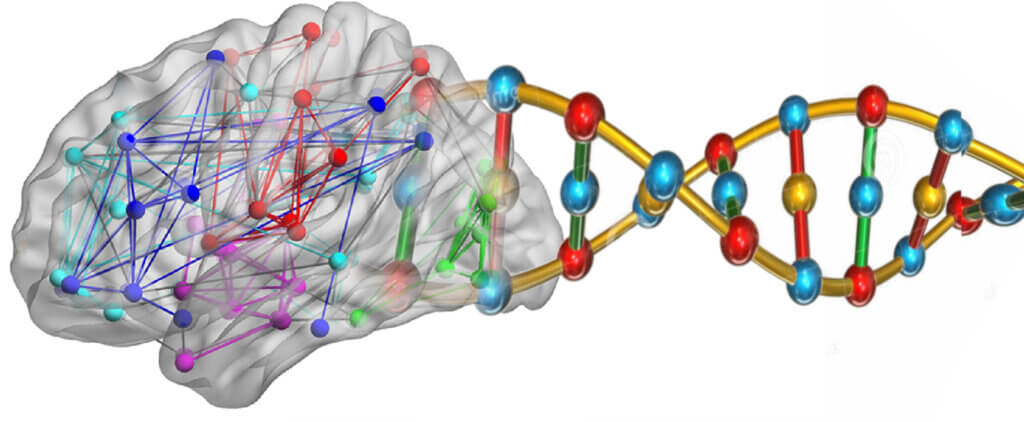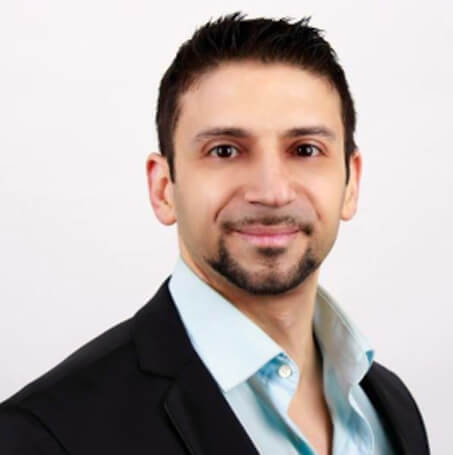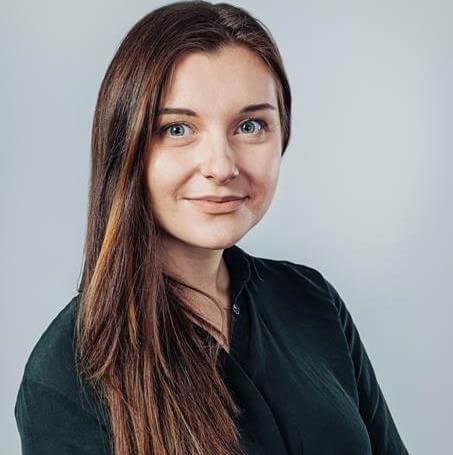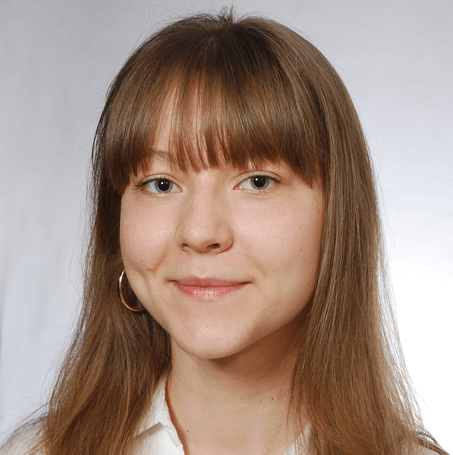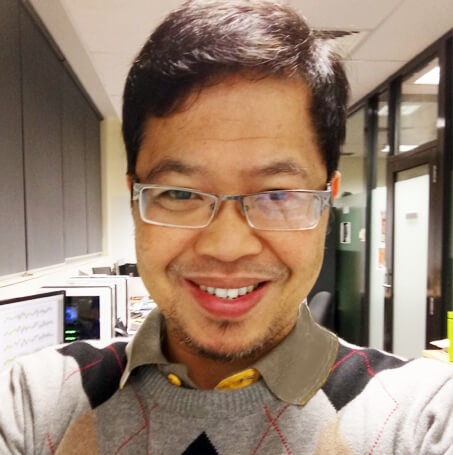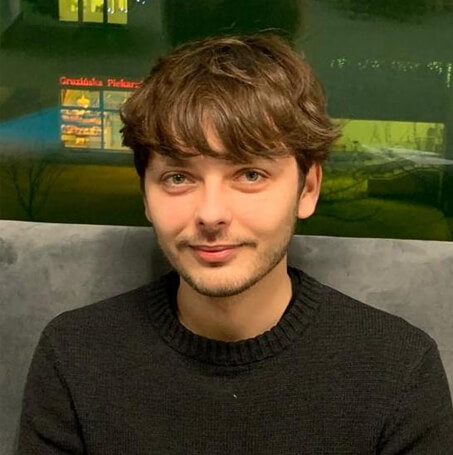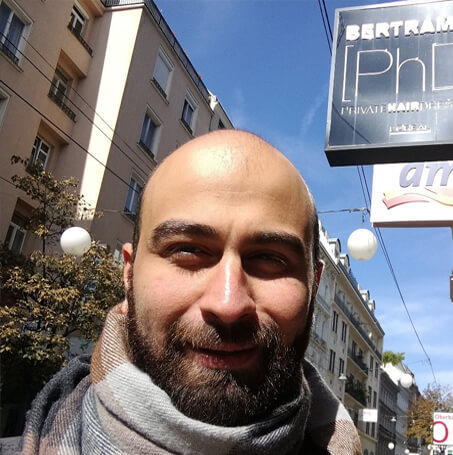In recent years, convolutional neural networks and deep learning have revolutionized computer vision (CV) applications and they are positively impacting medical practice, following success in many other trades. Automatic interpretation of radiologic images improves patient-specific accuracy and reduces radiologist burnout, either as support to reach accurate and consistent expert-level decisions, or as a second opinion about a potential pathology. Applications also include image interpretation during procedures such as endoscopy, AI-assisted surgery, automatic interpretation of digital pathology.
AI systems can analyse thousands of hours of surgical videos to develop patient-specific surgical procedures, by, for instance, detecting anatomical structures such as major nerves and helping with preventing nerve damage during the procedure. Feeds from classical or infrared cameras can be used in conjunction with computer vision methods for patient safety, logistical optimization, monitoring the spread of infections, health assessment, mobility, and similar. Image-based information can also be combined with other types of medically relevant information to provide synergistic decision support based on visual and non-visual cues. The interrelations between the phenotype, determined on the basis of medical imaging, molecular biology, and other data are also of high relevance to precision medicine.



